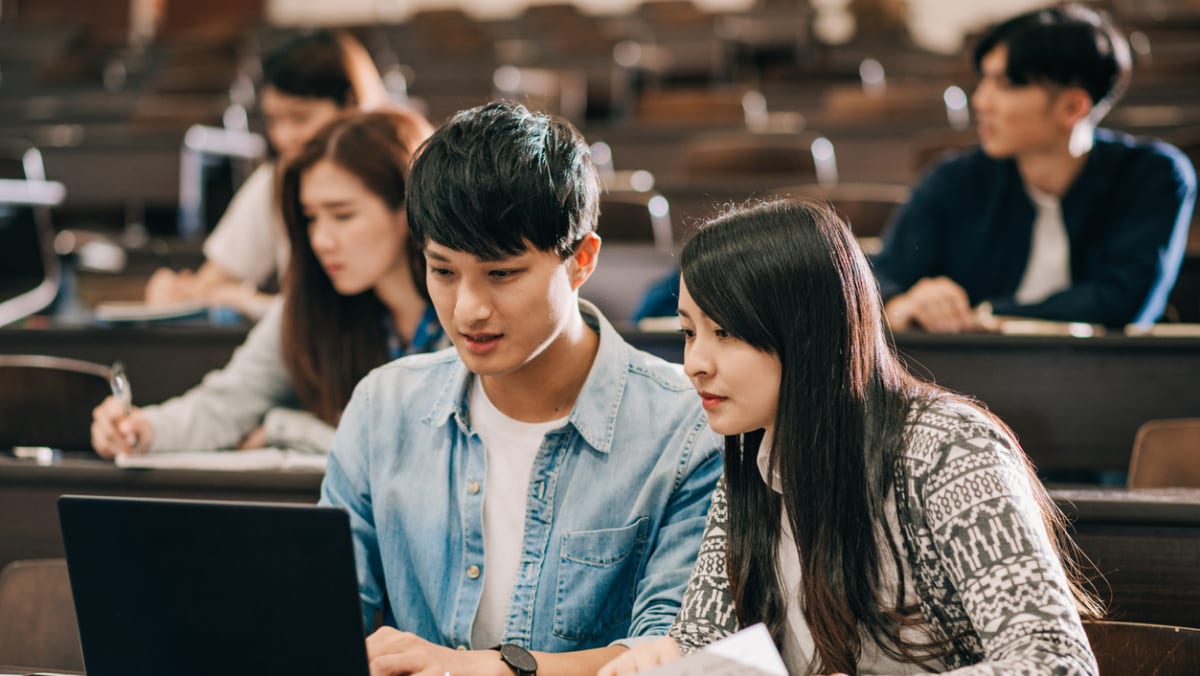
ENCOURAGE CHATGPT IN THE CLASSROOM
Singapore Education Minister Chan Chun Sing said in a parliamentary response on Feb 7 that AI tools like ChatGPT could be useful in the classroom when used appropriately.
I believe it is crucial for us to consult our students and work with them as co-creators, learning from their perspectives and experiences when designing new learning activities to prepare them for the future. In the education literature, this approach is known as “student-teacher collaboration”.
Over the weeks, I have been watching in amazement at how quickly my students have refined their AI prompting techniques to produce high quality essays, generate very insightful questions, and answer multiple choice questions complete with a comprehensive elaboration on why it did or did not pick each option.
From this, I realised that students will continue to stay ahead of us because they have a more extensive social network to share their discovery of best ChatGPT practices with their peers.
As such, I have been collaborating with my students – the true experts of such AI platforms and stakeholders in their learning journey – and together we have been co-creating policies and learning activities to enhance their learning with these AI platforms.
With my students, we set out a policy to encourage responsible AI-use by giving them a safe space to explore and learn with these AI platforms.
I make it clear that it is still plagiarism if they try to pass off AI-generated content as if it is their work. But, by allowing students to use AI-generated content with proper attribution and citations (just like how they cite materials sourced online), they feel empowered to be transparent and open about their use.
Such a policy will benefit everyone. Students will feel empowered to share their discovery of newer best practices more openly with others. They will be more forthcoming to share about their AI-learning experiences with their teachers and to clarify doubts. And we educators can also gain valuable insights on how students use these AI platforms to design more relevant and effective learning activities in the future.

